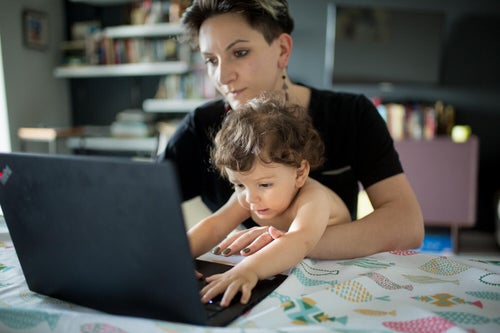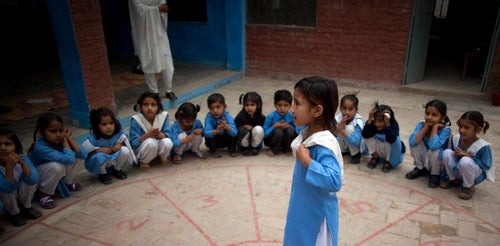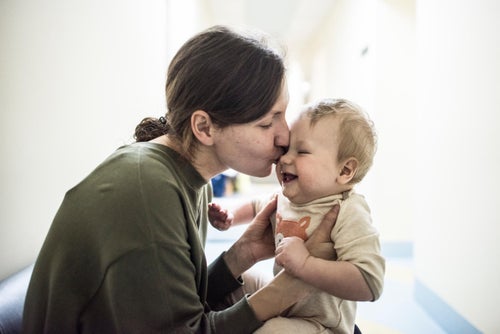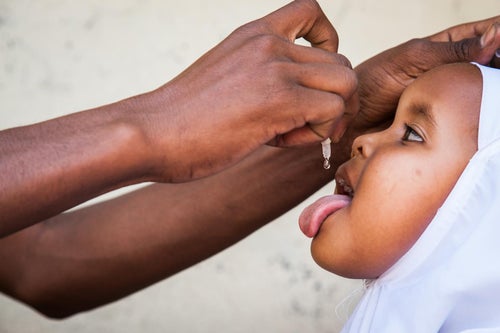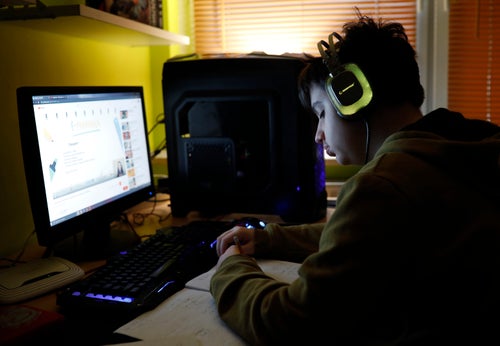The first years are some of the most formative in a child’s life, which is why spending quality time with them is so essential to their wellbeing and happiness. Unfortunately, it can be tricky for parents and carers to juggle the demands of their family and loved ones when they don’t have access to family-friendly policies in the workplace.
That’s why UNICEF Australia and Parents At Work, alongside 23 founding and supporting partner organisations, have been working together since 2021 to develop a set of standards and guidelines that inform the Family Friendly Workplaces certification. It aims to embed and promote workplace policies and practices that genuinely support employees to thrive at work and at home.
From flexible work arrangements to gender-inclusive parental leave and grandparents’ leave, four Australian parents and carers share their stories of working for a Family Friendly Workplace.
Gender equal and flexible parental leave for all carers
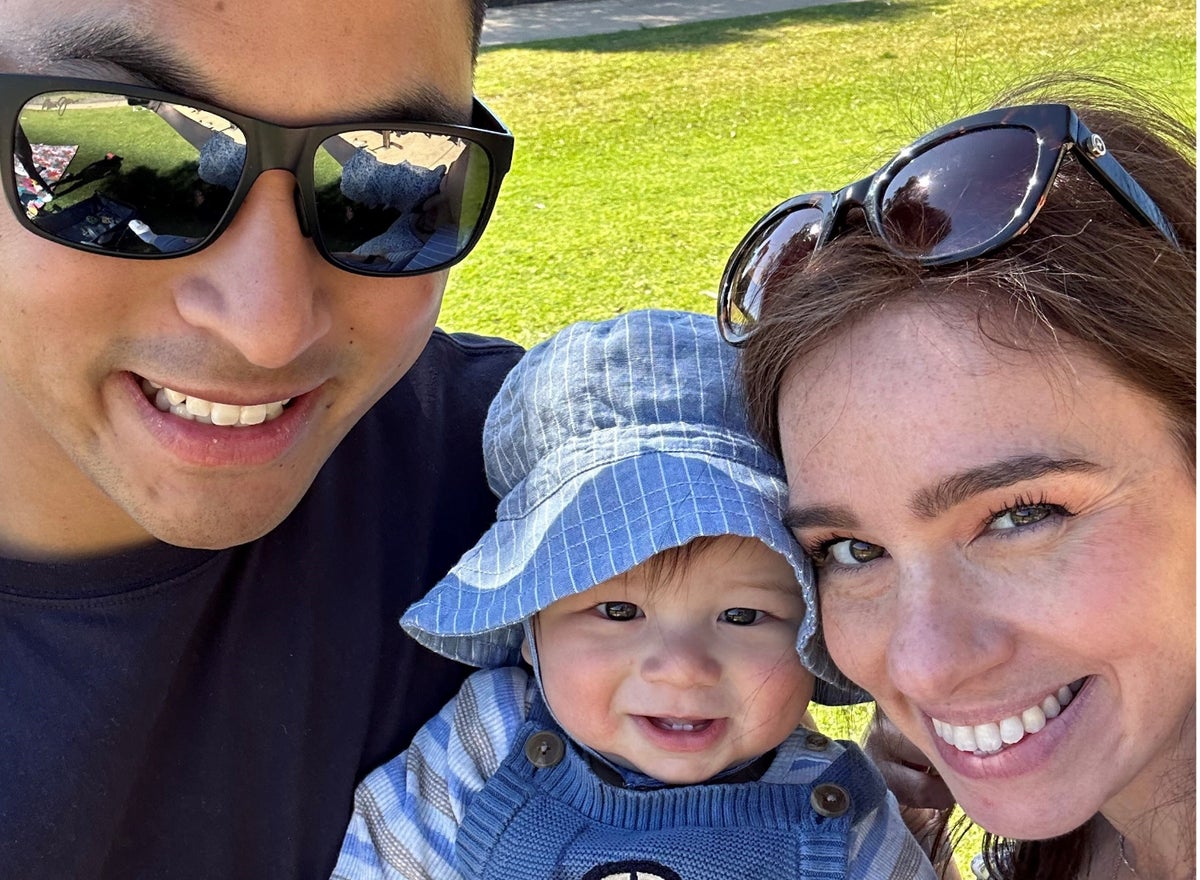
After Chris and his partner had their first child, Rafael (Raffy), in late 2022, he took ING’s full paid parental leave offering of 14 weeks, including superannuation (now 20 weeks as of March 2024). At ING Australia, an accredited Family Friendly Workplace since 2021, all employees – regardless of gender – are encouraged to work flexibly under ING’s FlexING approach, including paid parental leave and carer’s leave.
In the first weeks of Raffy’s life, taking carer’s leave allowed Chris and his partner to enjoy spending quality time with their new baby together and for Chris to support his partner. Nearly a year later, Chris took his full paid parental leave and unpaid parental leave as his partner returned to work. Not only did it help his family save on childcare costs, but more importantly, Chris said it made him a more confident father and strengthened the bond between him and his young child, a time that he will forever cherish.
"There was something special about us both having time off together with him. It is a real benefit and a bonus. I can also help with chores and hang up new pictures of our family. We can be a family unit, making things a bit easier."
Paid leave and flexible work arrangements for grandparents
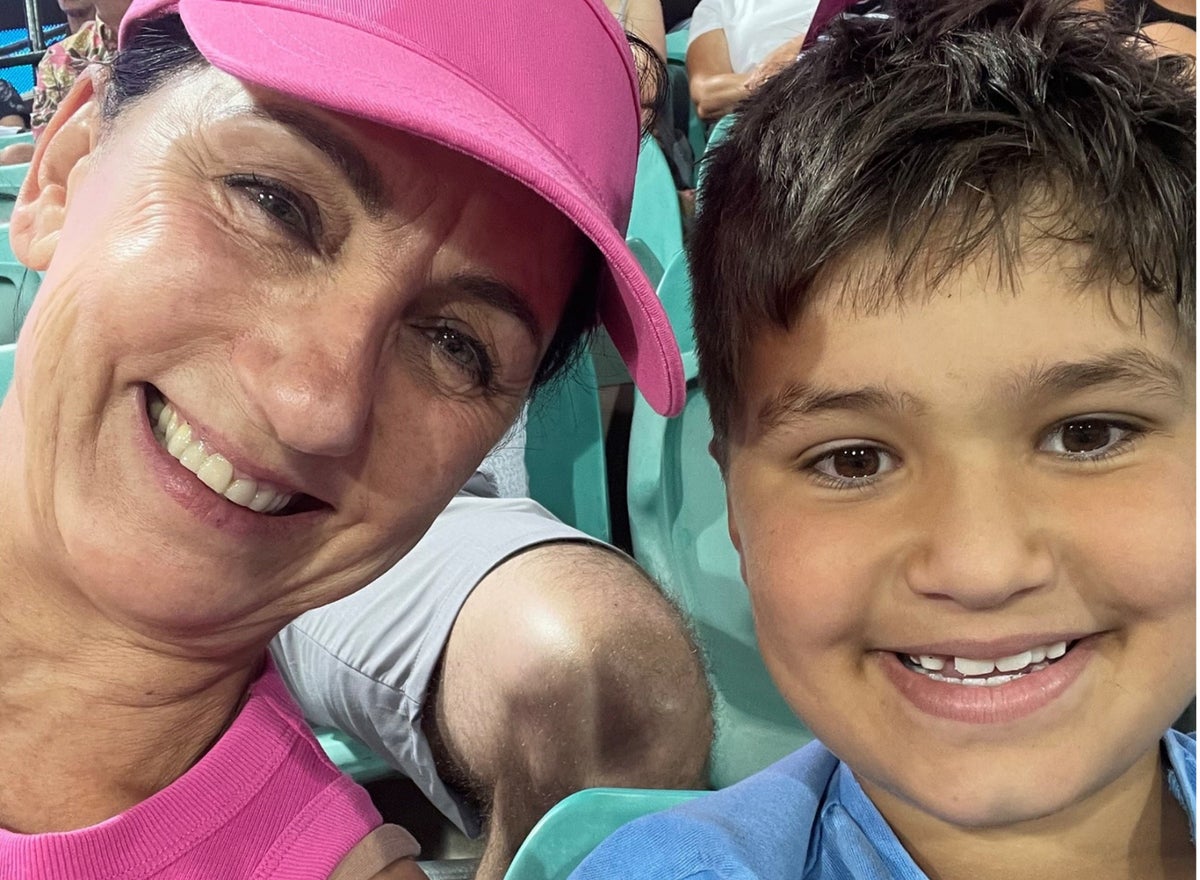
After the birth of her eighth grandchild, Vicki was delighted to be able to access her company’s broad range of parental leave benefits. Investa is an accredited Family Friendly Workplace offering five days paid grandparent leave and up to 12 months’ unpaid grandparent leave, available within the first 24 months of the child’s birth or adoption.
Thanks to Investa’s flexible work arrangements for grandparents, now Vicki can continue to look after her granddaughter, who is now nearly two years old. Not only does it help her family financially, but Vicki has also been able to form a strong and meaningful attachment with her grandchild by spending regular time together.
"It is such an advantage to still be a grandparent and working and being able to support my children and bond with my grandchildren one-on-one. Twenty years ago, you would not have been able to do that, to be able to have that balance. I really value it. "
Flexible work arrangements for people with disability and carers
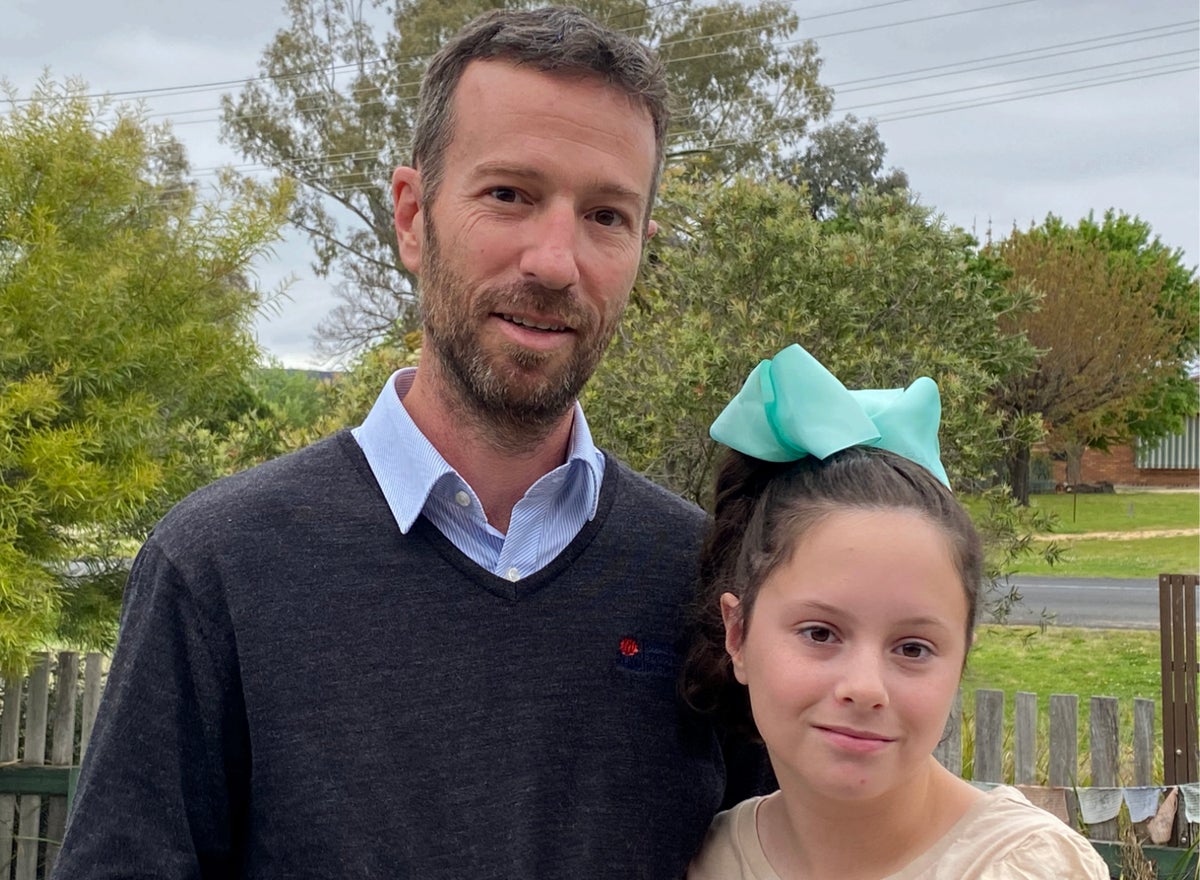
Luc, living in regional NSW, appreciates the flexibility his job offers while caring for his three children aged 11 to 17, including his youngest, Evie, who has cerebral palsy. For many years, his wife was the family’s primary caregiver, but after the Department of Regional NSW became a Family Friendly Workplace, the flexible work options offered to people with disability and carers meant Luc could support his partner as she returned to work part-time.
While Luc previously struggled with meeting the demands of his job while also balancing his family’s needs, he says having access to benefits including flex time (i.e. flexible start and finish times) and carer’s leave has made a huge difference to the quality of his work and family life.
"The support around carers is just as important as the focus on carers – together, we strengthen each other."
Paid parental leave for those impacted by loss

The past nine years have been incredibly challenging for Jennifer, who has experienced three miscarriages. But once her employer, QBE, became an accredited Family Friendly Workplace and partnered with the Pink Elephants Support Network – a not-for-profit that provides resources and peer-support for anyone impacted by early pregnancy loss – the company extended its paid parental leave allowance of up to 12 weeks paid leave across 24-months to birth mothers, fathers and LGBTQI+ employees impacted by loss. Affected employees can now also access mental health care resources including leave allowances on loss anniversary dates. The policy change provided a lifeline for Jennifer.
"It understands the fact that pregnancy loss is not a single event – it is an all-encompassing experience and journey. It doesn’t finish when the physical things happen – it is emotional, physical and affects everyone differently at different times – much like the grieving process."
Become a Family Friendly Workplace today
In 2024, UNICEF Australia has a bold vision to make workplaces all over Australia family friendly. More than 125 organisations are already certified as Family Inclusive Workplaces, and with the support of the Department of the Prime Minister and Cabinet’s Office for Women we are scaling this program to reach another 500 organisations to be benchmarked aligned to the standards by 2025.
We’re striving to increase the opportunities for children and their families to thrive, and to do this, we are asking Australian employers to make their workplaces family-friendly by providing flexible, gender-inclusive, childcare assistance and wellbeing workplace policies and practices. To help make Australia become family friendly, tell your colleagues, families and employers about this program, and the benefits they can get from it.
Find out more about getting your organisation certified as a Family Friendly Workplace.
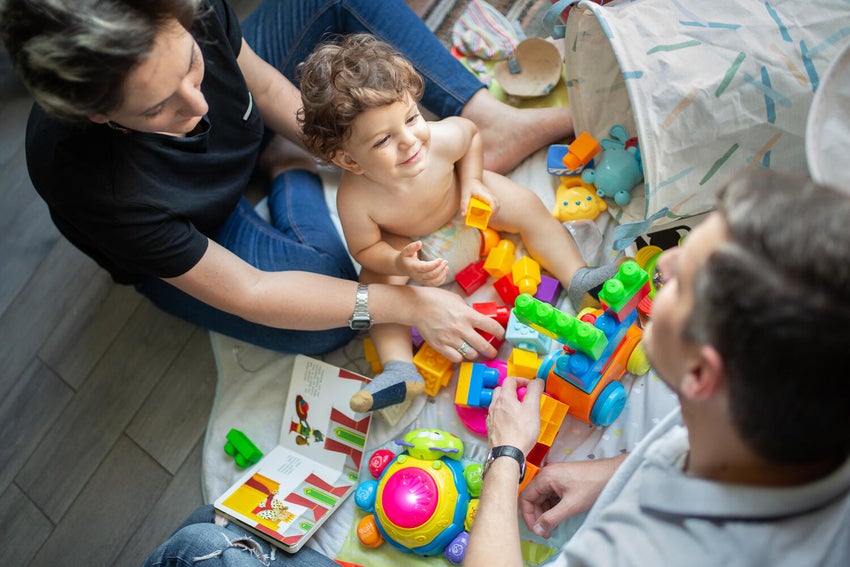
Become a Family Friendly Workplace today
In 2024, UNICEF Australia has a bold vision to make workplaces all over Australia family friendly. More than 125 organisations are already certified as Family Inclusive Workplaces, and with the support of the Department of the Prime Minister and Cabinet’s Office for Women we are scaling this program to reach another 500 organisations to be benchmarked aligned to the standards by 2025.
We’re striving to increase the opportunities for children and their families to thrive, and to do this, we are asking Australian employers to make their workplaces family-friendly by providing flexible, gender-inclusive, childcare assistance and wellbeing workplace policies and practices. To help make Australia become family friendly, tell your colleagues, families and employers about this program, and the benefits they can get from it.
Related articles
Stay up-to-date on UNICEF's work in Australia and around the world







